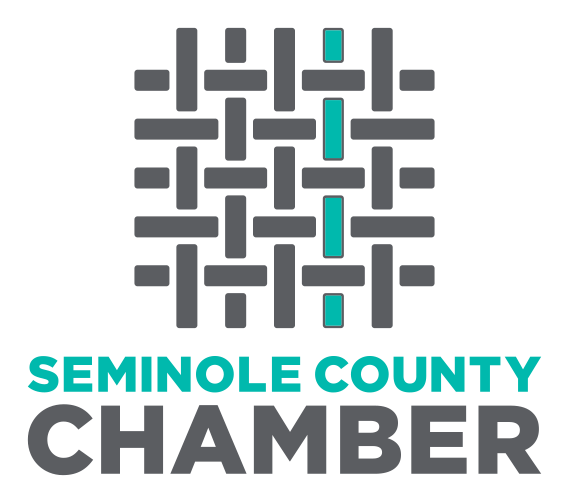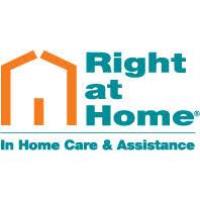Yes, it’s here! As if you haven’t already read in the newspaper or heard on the news, or if you are relatively new to the area, the 2024 hurricane season began June 1st. And it runs all the way through the end of November! NOW is the time to prepare! These storms, often spawning tornadoes, flooding, power outages and the like are especially menacing for the senior who lives alone and cannot summon immediate help!
Remember the anxiety we all felt during prior hurricanes like Irma, Charley, Frances, and Jean several years ago? And who can forget Ian and Nichole during the latter part of the ‘22 hurricane season!! And yes, we escaped significant impact in the Orlando area last year but predictions for the 2024 season call for an overly active season!
Now is not the time to let your guard down but rather prepare and have a game plan in place Consider the following resources on emergency preparedness;
- Establish a plan for emergencies
- Identify a circle of people who can offer hands-on assistance in emergencies.
- Work with this support group to create an agreed-upon emergency plan.
- Select a main contact person who will check on you during the emergency. Consider means of communication (knock on door, etc.) if telephone services are down.
- Have an action plan for those with health limitations who may need physical assistance.
- Safeguard copies of important documents such as insurance and financial records, birth certificates, Social Security cards, passports, wills and other important documents.
- Organize emergency supplies
- In an emergency you may not have time to collect essential supplies. Basic services such as gas, water, electricity and communication may be disrupted. Grocery stores, gas stations and pharmacies may be closed or overwhelmed with lengthy lines.
- Prepare your own emergency supply kit to include:
- Weather radio.
- First aid kit and first aid manual.
- Flashlight and extras batteries.
- Adequate supply of water, nonperishable food, medications, and hygiene items etc., for a minimum of three days.
- Hearing aids, eyeglasses and/or supply for contacts, and other assistive devices.
- Blankets, sleeping bags, tarps, canvas or plastic, rope and duct tape.
- Extra clothing and comfortable shoes or warm boots.
- Cash and coins as ATM’s may be inaccessible.
- Cellphone and charger.
- Supplies for pets or service animals.
- Keep the emergency supply kit in a handy place and be sure to include your identification and contact information for family and friends.
- Stock a vehicle supply kit that includes jumper cables, a tire repair kit, flares, sunscreen, a shade-providing hat and extra water.
- Prepare your home
- Secure outdoor objects that may become airborne. Garbage cans, bird feeders, hoses, signs and patio furniture can become deadly missiles in a hurricane and tornado winds.
- Consider having trees trimmed to remove excess growth.
- If you have a generator, make sure it is properly used and the exhaust is vented outside.
- Keep your car fueled.
- Identify and utilize community resources
- Determine which local television and radio stations will broadcast emergency messages via the Emergency Alert System. You can also get emergency alerts via your smartphone with the Wireless Emergency Alert System or receive SMS text or email alerts from the National Weather Service.
- The National Oceanic and Atmospheric Administration (NOAA) Weather Radio All Hazards – NOAA offers a 24-hour network of very high frequency (VHF) weather radio stations that send out the earliest warnings of hazardous weather and other disasters and civil emergencies in your area www.nws.noaa.gov/hwr .
- Federal Support Services - The Federal Emergency Management Agency (FEMA) can provide disaster assistance for individuals and businesses. FEMA also offers specialized support for those with disabilities, access, or functional needs. The Florida FEMA Helpline is 800.621.3362/TTY 800.462.7585. For online information and resources visit www.fema/gov/individuals-disaster-assistance.
- Local Government/Organizations Support Services – Many federal and state emergency response agencies have community-level teams to help in times of disaster. The Seminole Country Office of Emergency Management www.seminolecounty.gov and the Orange County website www.ocfl.net offer a wealth of information you can view. Your local fire department and emergency response teams are invaluable resources. The American Red Cross of Greater Orlando (407.894.4242) and Salvation Army (407.322.2642) are two well-established disaster relief organizations that can provide services locally, such as mobile feeding stations, water, shelter and first aid.
Doing some homework and advance planning will reduce stress and scrambling if a medical emergency or disaster alert arises. You do not want to be caught off guard in times if crisis. Every action you take now can make a life-or-death difference in the future.
About Right at Home Longwood/Lake Mary
The Longwood/Lake Mary office of Right at Home is a locally owned and operated franchise office of Right at Home, LLC, serving communities throughout Seminole and Orange counties. For further information please contact Right at Home of Longwood/Lake Mary at http://www.cflhomecare.com, call 321.295.7849, or email rob@cflhomecare.comRight at Home of Longwood/Lake Mary
-
Bob Starks Community Relations Manager
- May 20, 2024
- (321) 295-7849
- Send Email



